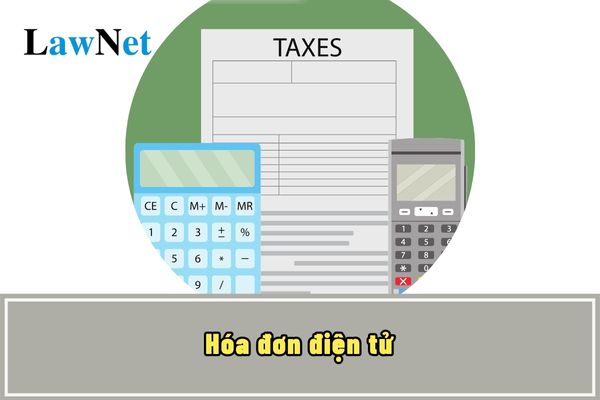Shall e-invoices in Vietnam be displayed fully, accurately, without causing misunderstandings?
Shall e-invoices in Vietnam be displayed fully, accurately, without causing misunderstandings?
Based on Clause 5, Article 12 of Decree 123/2020/ND-CP, the regulations are as follows:
E-invoice format
1. The format of the e-invoice is the technical standard that stipulates the data type and data length of the information fields used for transmission, storage, and display of the e-invoice. The format of the e-invoice uses the XML (eXtensible Markup Language) text format language created for the purpose of sharing electronic data between information technology systems.
2. The e-invoice format includes two components: a component containing business transaction data of the e-invoice and a component containing digital signature data. For e-invoices with a tax authority code, there is an additional component containing data related to the tax authority code.
3. The General Department of Taxation develops and announces the component containing business transaction data of the e-invoice, the component containing digital signature data, and provides tools to display the contents of e-invoices as stipulated in this Decree.
4. Organizations and enterprises selling goods and providing services, when transferring e-invoice data to tax authorities by direct transmission, must meet the following requirements:
a) Connect with the General Department of Taxation through a private leased line or MPLS VPN Layer 3 line, including 1 main transmission line and 1 backup transmission line. Each transmission line must have a minimum bandwidth of 5 Mbps.
b) Use Web Service or Message Queue (MQ) with encryption as the connection method.
c) Use the SOAP protocol for data packaging and transmission.
5. The e-invoice must be displayed fully and accurately with all contents of the invoice, ensuring no misunderstanding so that the buyer can read it on electronic mediums.
The e-invoice must be displayed fully and accurately with all contents of the invoice, ensuring no misunderstanding, so the buyer can read it on electronic mediums.
Therefore, according to the above regulation, e-invoices must be displayed fully and accurately, without causing misunderstandings.

Shall e-invoices in Vietnam be displayed fully, accurately, without causing misunderstandings? (Image from the Internet)
Shall e-invoices be converted at the request of tax authorities in Vietnam?
Based on Clause 1, Article 7 of Decree 123/2020/ND-CP, the regulations are as follows:
Conversion of e-invoices and electronic documents into paper invoices and paper documents
1. Legally compliant e-invoices and electronic documents can be converted into paper invoices and documents when an economic or financial operation arises, or upon the request of tax administration agencies, auditing agencies, inspection, examination, investigation, and according to the laws on inspection, examination, and investigation.
2. The conversion of e-invoices and electronic documents into paper invoices and documents must ensure consistency between the contents of the e-invoices and documents and the paper invoices and documents after conversion.
3. When e-invoices and documents are converted into paper invoices and documents, the paper invoices and documents only have the value for storage to record, track per the laws on accounting and electronic transactions, without the effect for transaction and payment, except for invoices created from cash registers connected to transmit electronic data to the tax authorities as stipulated in this Decree.
Legally compliant e-invoices and electronic documents can be converted into paper invoices and documents when an economic or financial operation arises, or upon the request of tax administration agencies, auditing agencies, inspection, examination, investigation, and according to the laws on inspection, examination, and investigation.
Therefore, when there is an economic operation requirement, e-invoices must be converted into paper invoices.
What are 4 cases of using electronic value-added tax invoices in Vietnam?
Based on Clause 1, Article 8 of Decree 123/2020/ND-CP, the regulations are as follows:
Types of Invoices
Invoices stipulated in this Decree include the following types:
1. A value-added tax invoice is an invoice intended for organizations declaring value-added tax using the deduction method, used for the following activities:
a) Selling goods and providing services domestically;
b) International transportation activities;
c) Export to non-tariff zones and cases considered as exports;
d) Exporting goods, providing services abroad.
...
Therefore, the 4 cases of using electronic value-added tax invoices include:
[1] Selling goods and providing services domestically;
[2] International transportation activities;
[3] Export to non-tariff zones and cases considered as exports;
[4] Exporting goods, providing services abroad.

